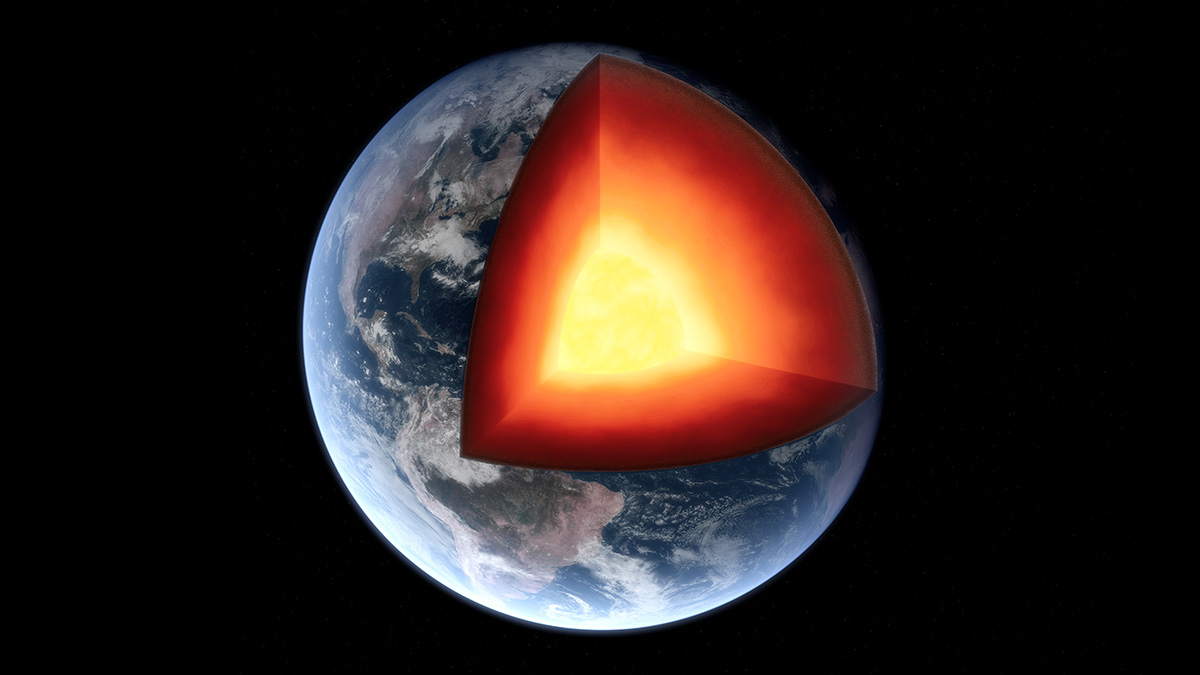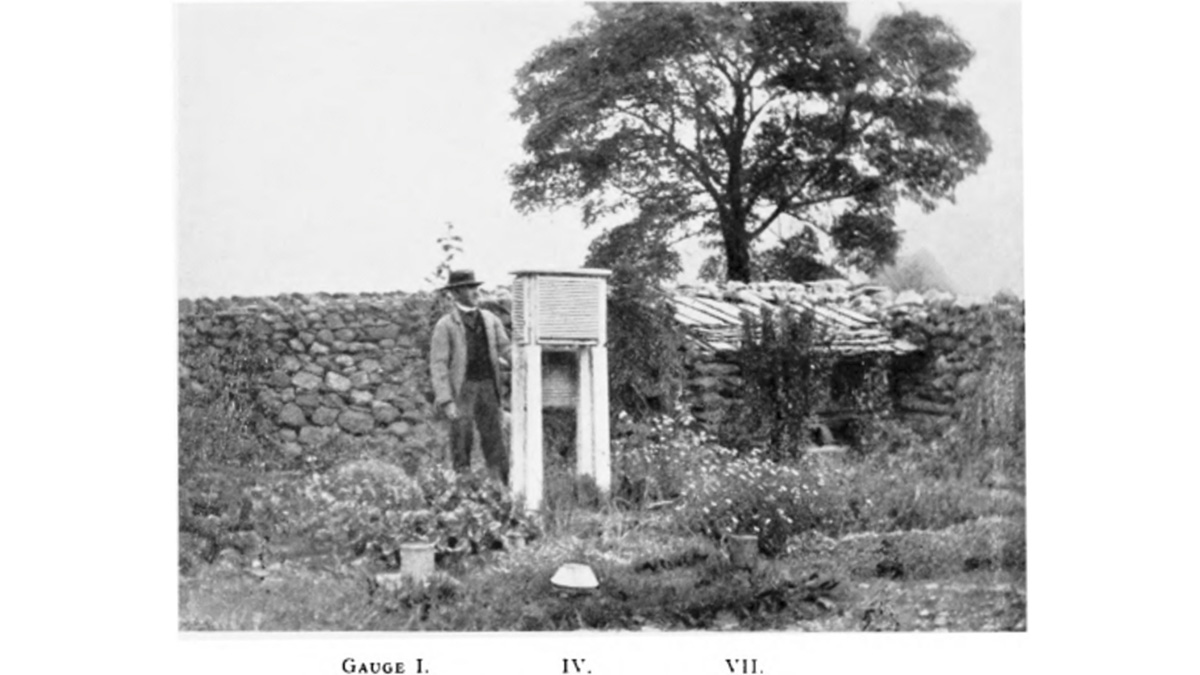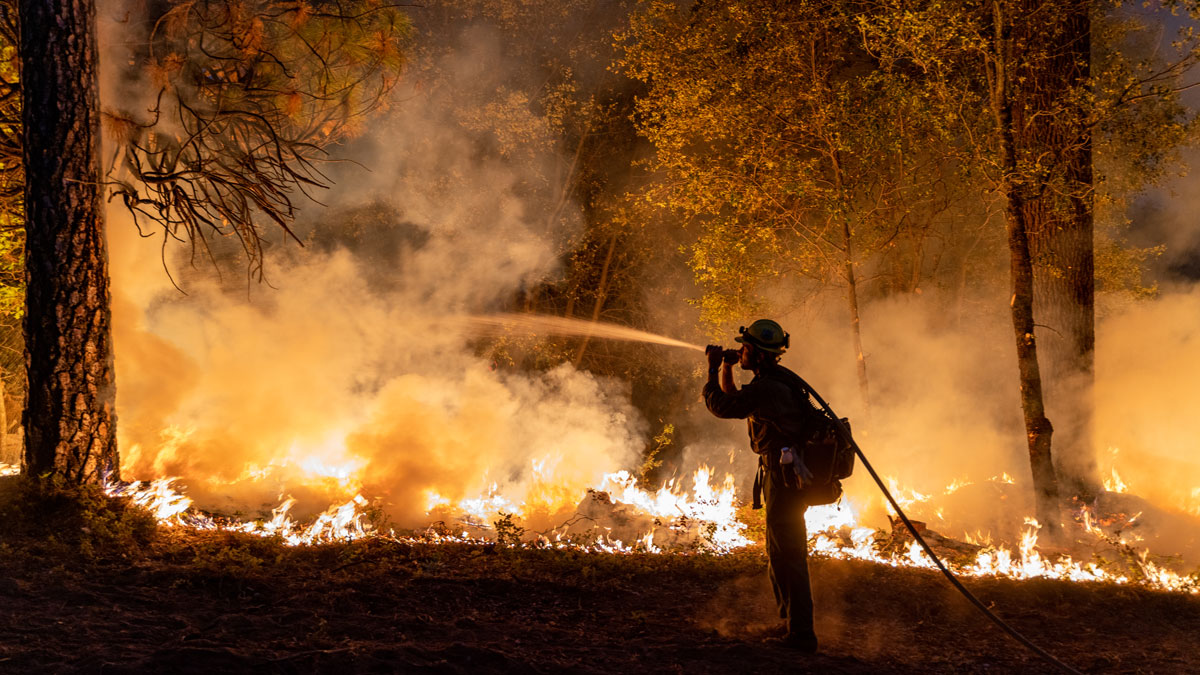Shock waves from Cold War era nuclear tests gave seismologists a glimpse of the inner core. Its wobbly rotation could explain phenomena such as the periodic change in the length of a day.
Jennifer Schmidt
Fossil Fuels Drive Increase in Atmospheric Helium
After decades of uncertainty, scientists have finally shown that fossil fuel extraction has flooded the atmosphere with 4He.
Crowdsourced Weather Projects Boost Climate Science Research
Historic observations, manually transcribed from handwritten records, are giving scientists a fresh glimpse into Victorian era climate.
Planting Wetlands Could Help Stave Off Climate Catastrophe
A shift in priority and approach to wetland restoration could reduce atmospheric carbon.
Endangered Rivers Plagued by Pollution, Climate Change, and Outdated Management
The annual list of America’s Most Endangered Rivers includes practical calls to action to turn the tide on threatened U.S. waterways.
Warmer Nights Are Adding Fuel to Nighttime Fires
Cool, moist nights are rarer than they were a few decades ago, and that’s giving wildfires an edge over crews trying to hold fire lines.
Forest Fires Could Boost Western U.S. Water Supplies
Streamflow in the West has been below average since the early 2000s, but a new analysis shows that streams aren’t as dry as expected.







